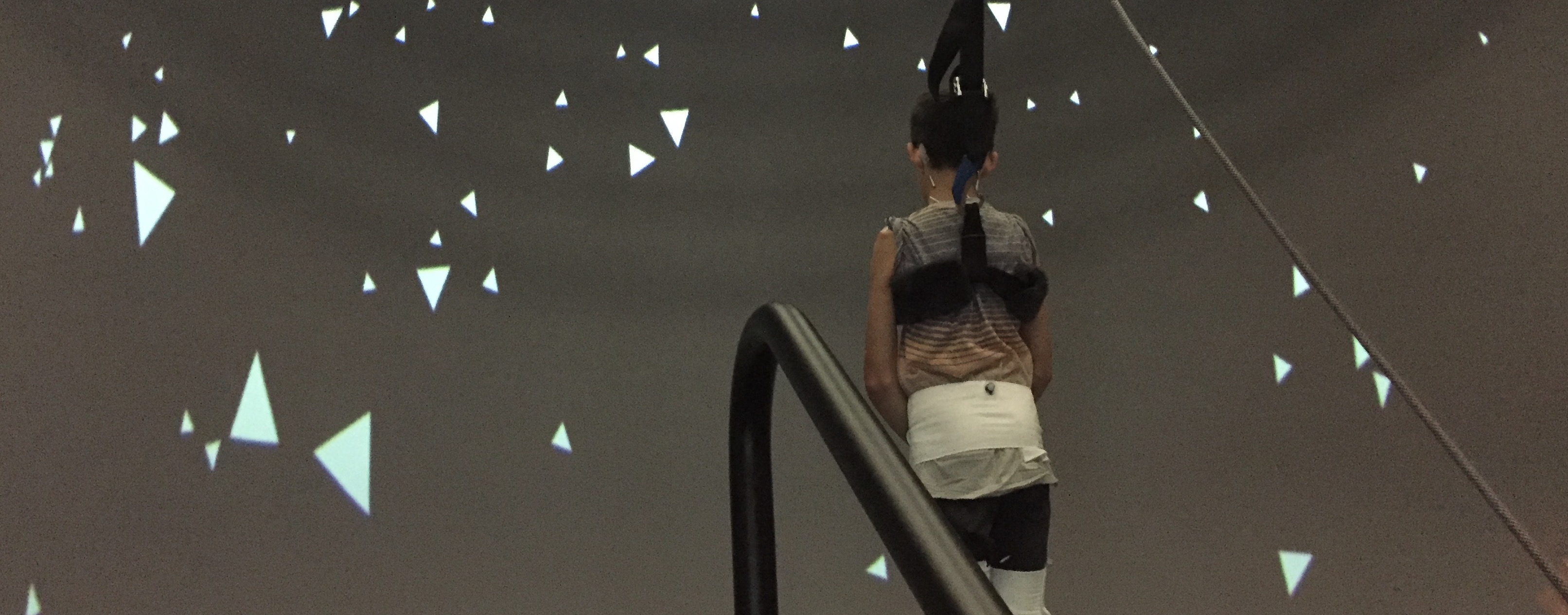
Volunteer for a Research Study
Discoveries are not possible without volunteers like you!
Research positively impacts the lives of people every day, but research needs YOU. Both healthy volunteers and participants with specific health conditions are needed to help answer important questions impacting the health of our friends and family. Join us to improve the health of others.
Our active studies seeking participants:
Balance control during walking in people with Parkinson's disease
Study Description:
Do you have Parkinson’s disease (PD)? Do you have a friend or loved one with PD? University of Delaware is conducting a study on walking in people who have PD.
Participant Eligibility:
To participate, you must be 40 years old or older, with a diagnosis of Parkinson’s disease, and be able to walk 300 ft without an assistive device or anyone helping you.
The study will be conducted at the University of Delaware, in the Control of Balance and Locomotion (CoBaL) Lab.
- 540 S. College Ave, Newark DE 19713
- directions to lab
Contact:
For more information, please contact:
- David Grenet at [email protected]
Balance control during walking in children with Cerebral Palsy
Project Overview:
University of Delaware is looking for individuals aged 8 – 18 with cerebral palsy to participate in a 2-day research study that determines how sensory information affects their balance during walking. This study also investigates if specialized electrical stimulation that can barely be detected can improve balance.
Eligible subjects must:
- Have a diagnosis of spastic CP
- Be able to walk for at least 2 minutes without support.
- Be seizure free and have no other neurological or musculoskeletal diagnoses (i.e. dystonia, severe scoliosis).
- Have no marked visual or hearing deficits.
Participants will be compensated to offset any travel/parking costs and receive $100 for the time.
The study will be conducted at University of Delaware, in the Control of Balance and Locomotion (CoBaL) Labs.
- 540 S. College Ave, Newark DE 19713
- directions to lab
Contact:
For more information, please contact:
- Ian Sotnek at [email protected]
- John Jeka, PhD at 302-831-4648 or [email protected]
Soccer Heading and Biomarkers of Sub-Concussion
Project Overview:
Soccer heading provides a safe and unique human model to study controlled head impacts. While certain studies report no significant differences in brain function (e.g. neuropsychological or postural stability) after an acute bout of soccer heading, other studies question such findings. These reports indicate transient concussion signs and symptoms, and most recently, a significant alteration in postural stability measures potentially due to altered vestibular function post heading. The latter finding was based on virtual reality techniques that selectively focus on sensory contributions (e.g. visual, vestibular, proprioceptive) for the control of upright posture. To help our continued understanding of these sub-concussive impacts, we will use this same soccer heading paradigm to study postural stability, clinical measures, and biomarkers from blood, urine, and saliva after an acute bout of soccer heading.
Eligible Subjects:
- 18-35 years old
-
Currently a member of a recreational, club, collegiate, or professional soccer team
- Have more than the past 5 years of soccer heading experience
Non-Eligible Subjects:
- Had a head/neck/leg injury in the past 6 months
- Are currently taking medication that affects balance (e.g. antibiotics)
- Have an inner ear (balance) or vision problems (e.g. nystagmus)
What does testing include?
-
Day 1: Baseline testing (clinical testing, balance assessment, blood draw) – 90 minutes
-
Day 2: Immediately post-heading (10 soccer headers at 25 mph, clinical testing, balance assessment, blood draw) – 2 hours
-
Day 3: 24 hours post-heading (clinical testing, balance assessment, blood draw) – 90 minutes
-
Day 4: 1 week post-heading (clinical testing, balance assessment, blood draw) – 90 minutes
Are there any risks?
-
Soccer heading has risk of head and neck injury
-
Balance assessment may cause fatigue and risk of stumbling/falling
-
Vestibular stimulation may cause itching and tingling at the electrode site
-
Blood draws has risk of bruising, local infection, phlebitis and injury to structures near the cubital vein. Pain and dizziness/fainting are other potential risks associated with blood draws
Participants will be compensated to offset any travel/parking costs and receive $100 for the time.
The study will be conducted at University of Delaware, in the Control of Balance and Locomotion (CoBaL) Labs.
- 540 S. College Ave, Newark DE 19713
- directions to lab
Contact:
For more information, please contact:
- Jaclyn Caccese at [email protected]
- Fernando Santos at [email protected]